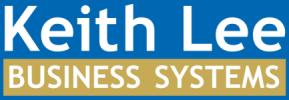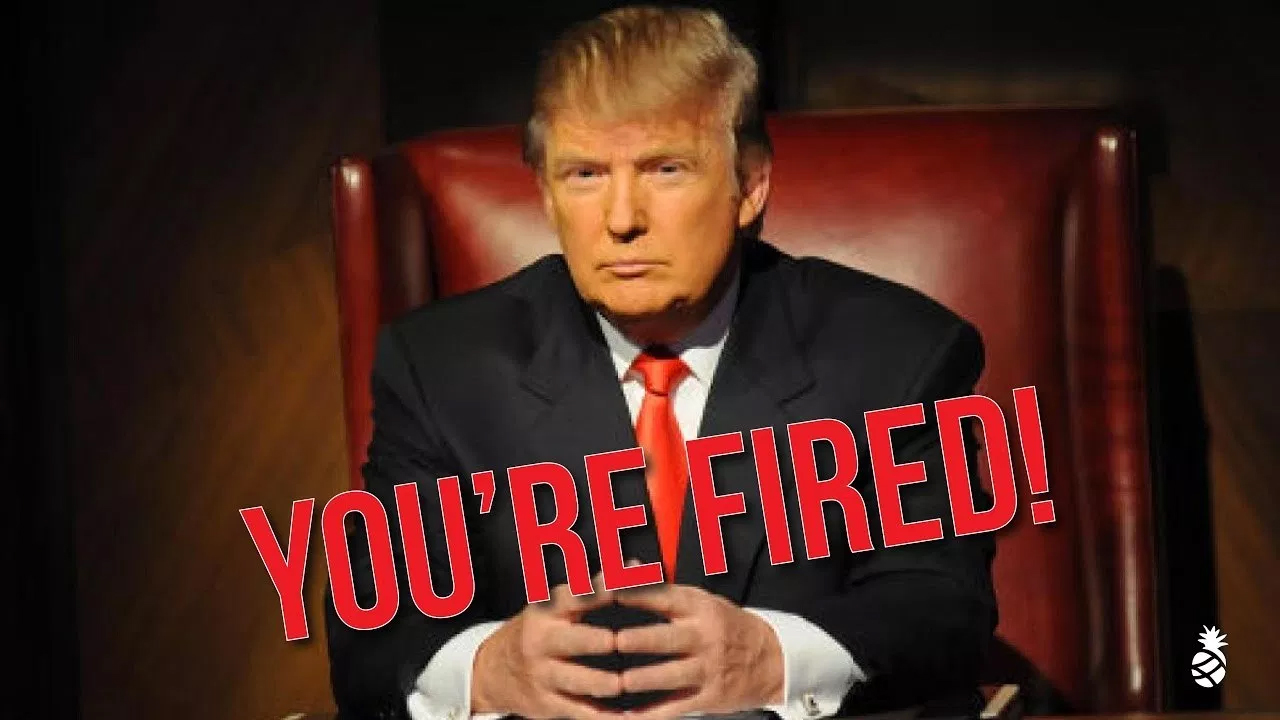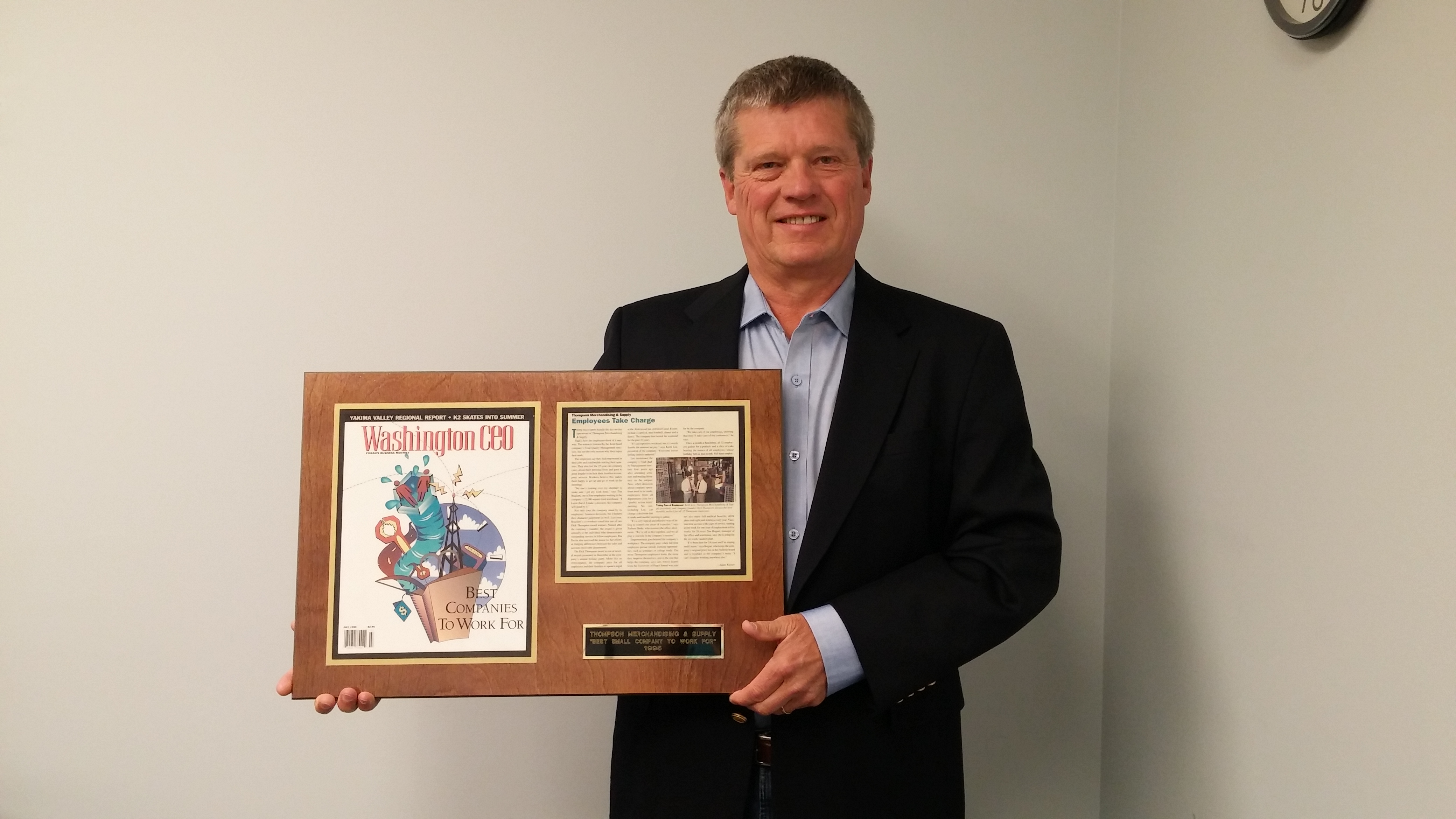What You Accept You Get
Dan Kennedy asked me to write three chapters in his book, NO B.S. Ruthless Management of People and Profits.
My Make-You-Happy Management Systems clients think it’s very odd that I contributed three chapters to a book with the words Ruthless Management in the title. They point out that my system is anything but Ruthless.
I won’t go into details as to why Dan wanted me in his book, but you’ll get a taste of why I’m in his book in this article.
In the article Dan talks about Donald Trump ripping the towel dispenser off the wall and toss it down the hall. I’m not that kind of guy.
But I can sure as heck see myself, like Eisner, firing a group of employees, at a Disney Park, for not smiling.
No one, in any of my businesses, would expect to have a job if they were ever found to give rude customer service, and yes, I’ve set that example by firing someone on the spot, even when we were short handed.
I’m told businesses write people up THREE TIMES for consciously and deliberately doing something wrong.
Are you kidding me??? As Donald Trump says, You’re Fired!
And yes, and I’ve done that on the spot when I found someone consciously and deliberately doing something wrong.
You need to create a culture in which NO ONE would consider doing something consciously and deliberately wrong… and if they do, they’ll start walking out the door on their own.
You can get Dan’s Ruthless Management Book at Amazon.
Dan’s article is here in blue.
Here’s a secret I’ve discovered about million-aire and multi-millionaire entrepreneurs: they want what they do and their companies do to be right. Not 80% right. Not 90% right. Right, period. They are, therefore, very much disliked by a lot of people, and if they are “big” enough, by the media. Jobs. Bezos. Trump. Working for them, many ex-employees say, was hell. But maybe it was being incompetent in their employ that was hell.
Winning isn’t just a statistic on a spreadsheet or a bank account balance. It is the customer, Mrs. Matilda Smith, in Rockford, Illinois, getting what she asked for on her pizza or the right product in the delivered package or a human answering her call in fewer than four rings. Customer appreciation is not a once a year sale or an automated thank you e-mail. It is an authentic attitude, top-down, permeated throughout an organization, actually occurring – and measured, policed and enforced – every day. I don’t care how big your company, if you don’t actually care about the people, the individuals, giving you money, they will drift off in search of a place where they feel valued and appreciated.
Another secret about rich entrepreneurs: they don’t just seek success. They HATE failure. They often react to it violently. Martha Stewart was known to drop into a K-Mart store, find her branded goods sloppily stocked and throw the entire inventory from shelves onto the floor. Eisner instantly fired a group of Disney Park employees caught not smiling. Walt had a fit over one’s lousy delivery of The Jungle Cruise script. I saw Trump tear an empty towel dispenser from a restroom wall in a Trump hotel and throw it 20 yards down a hall.
These people are said to terrorize their employees, their associates, their vendors. But how calmly should you accept failure? Should you “stay calm and carry on”? Only if you want more of the failure you calmly accept. If your blood doesn’t boil and offenders see fire shoot from your eyeballs, your lesser response will be taken as permission. If there is failure and new training, new controls, new supervision is not installed as remedy, then “let’s TRY and do better” will be taken as permission.
There are places where incompetence as failure has dire and instant consequences. The jailer who forgets to lock the inmate’s cell or misses the razor blade in the body search may wind up quickly dead. It’s a fine object lesson for other jailers. The cruise ship captain who is busy texting and gets into too-shallow water and capsizes and sinks the whole thing, and injures and drowns passengers, goes to prison. As it should be.
Creating dire and instant consequences for incompetence and failure is a good thing in any and every business. I’ve told of Chuck Sekeres’ “3 strikes and you’re out” for his in-bound telemarketers: three calls in a row without a set appointment, you’re out. Next batter up. No quarterly performance evaluations. Don’t even wait to be told. After 3, get up and slink out. Minute by minute.
Drop three passes in a game, butt on bench. If possible, traded. Fail at managing the V.A., the IRS and Benghazi, shouldn’t three strikes be enough? They tried to impeach Clinton over one intern. I used the word RUTHLESS in my book title “No BS Management of People and Profits” because, damn it, we desperately need a lot more ruthlessness in a lot more places. In homes, in neighborhoods, in small businesses, in big companies, in government. You can start with you.
Here’s some reality. Dan doesn’t like employees. He tells everyone to have none, or as few as possible. I guess I can’t disagree with that. You certainly shouldn’t have more employees than you need.
With that said, I think employees (team members) are the ultimate leverage tool in your business. Every additional employee should send more to the bottom line FOR YOU!
And no, in my system, we don’t get performance at a high level by being Ruthless. We get them performing at a high level by setting high standards, creating systems that allow them to produce at a high level, getting buy in from them, and conducting Personal Development Interviews that make every individual feel important and appreciated.
Schedule a 30 minute free consultation with me to discover exactly how to do all of that. Go to https://keith12.youcanbook.me/





